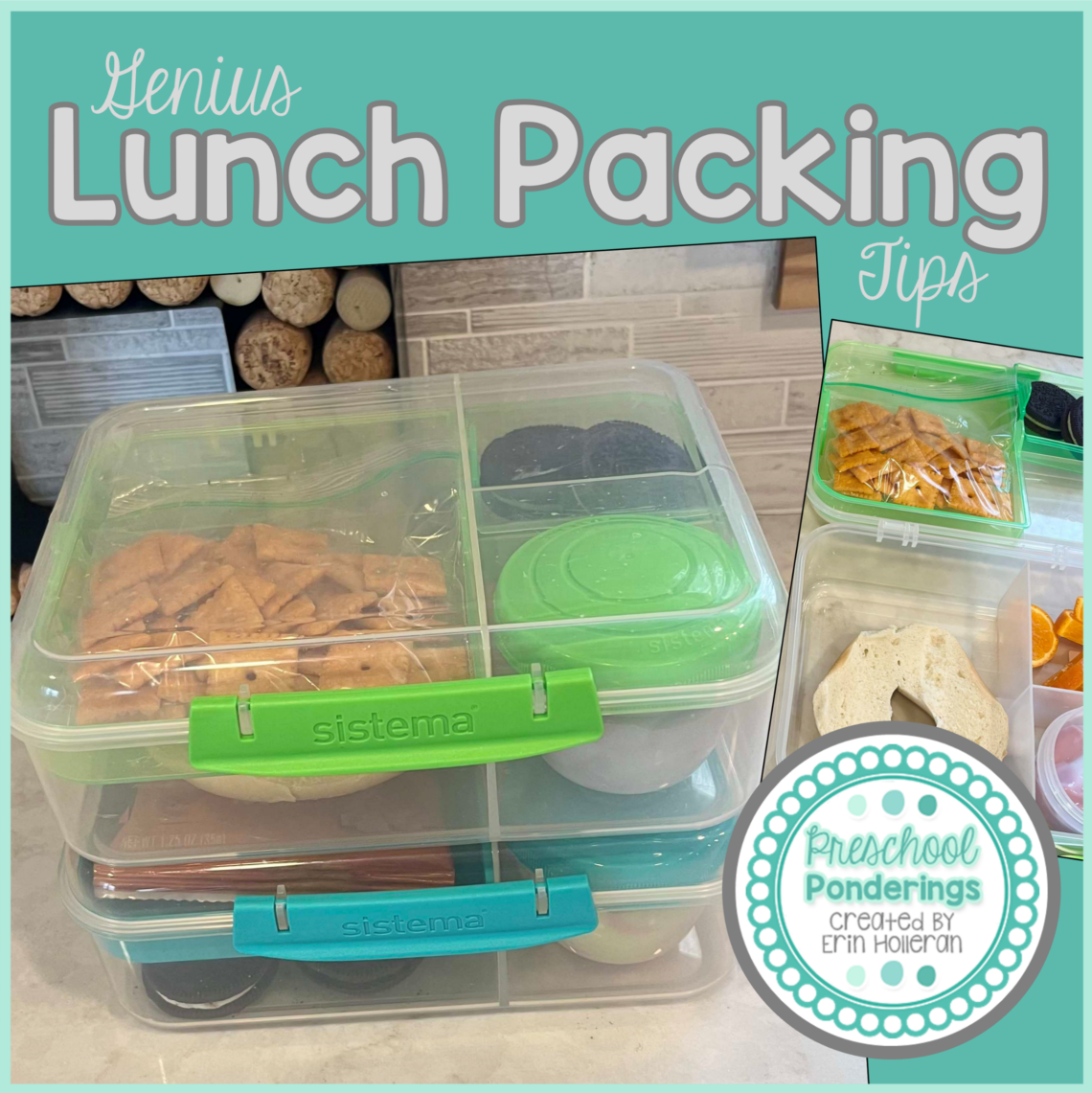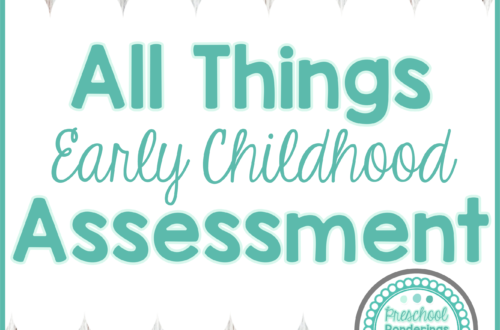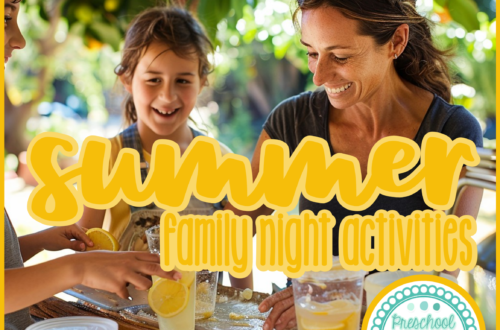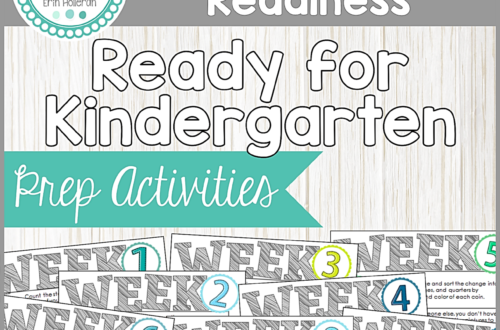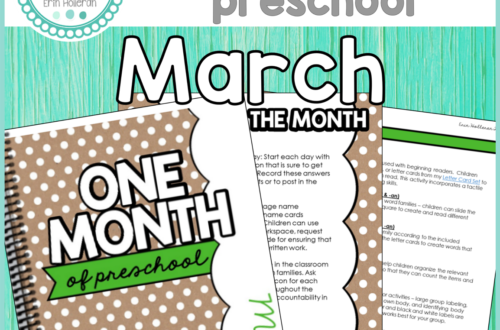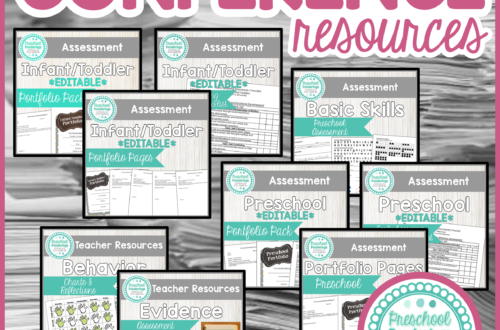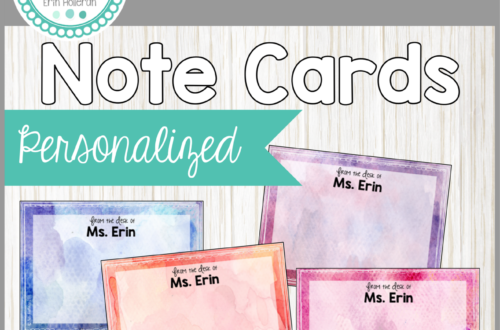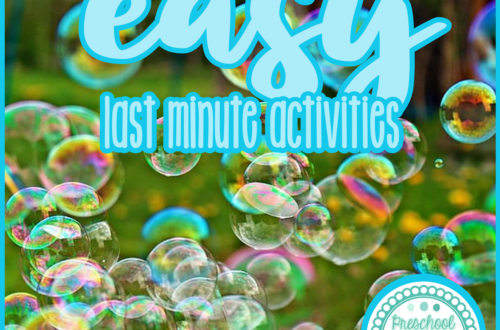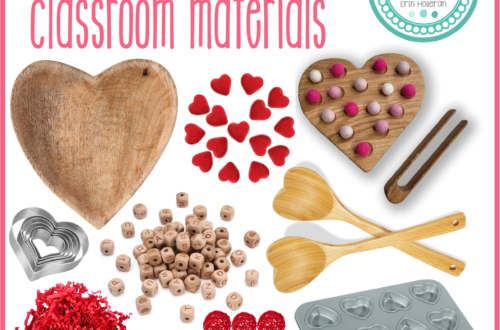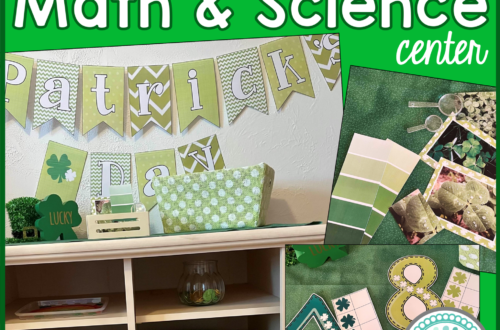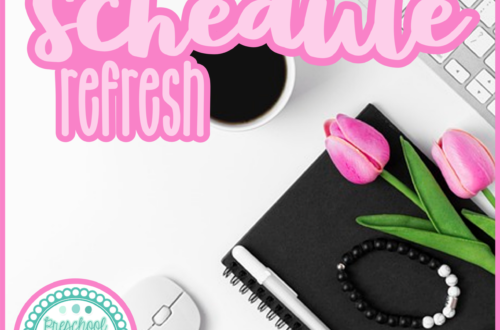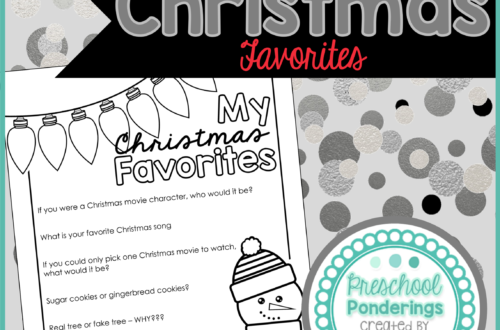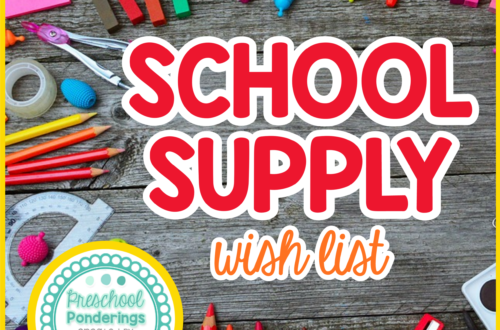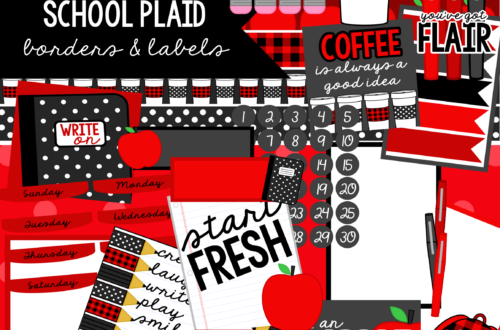teaching tips
-
Teacher and Mom Approved Lunch Packing Tips!
Before I dive into all things lunches, I have to take a minute to say THANK YOU! You’re all loving my Month of Preschool sets and I’m so excited that I’m able to make your life easier with these – I know how precious your time is and I hope that these are saving you time and energy that you’re able to re-focus on your students. If I could put a great big heart emoji here I totally would! I’m working on April as we speak, so it’s coming I promise! Let’s talk lunch packing… As a teacher, lunchtime was the bane of my existence. Here’s the thing, having families…
-
10 Tips for Building Relationships with Families
When I started “Family February” I was a little worried that I wouldn’t be able to write that many posts about one topic – I should’ve known better. Not only are families a huge piece of the work that we do – because children’s lives are so highly influenced by the experiences of their families – but I also love love love family engagement. I know it’s technically March, but I want to wrap up my Family February with a little bit of a summary. So here are 10 tips for building those relationships with families: Be available – If a family member needs to talk to you find a…
-
Ideas for sharing newsletters
It’s a fairly common problem, you print a copy of the classroom newsletter for each child and stick it in their mailbox, and then at the end of the year you clean out their mailboxes only to find all of those newsletters still in there. It’s no wonder the parents had no idea what was happening all year long! This frustrating problem is made even worse by knowing just how much time you spent writing each of those newsletters! I’ve sen this scenario play out time and time again – in my own classroom, and with a number of teachers that I work with, so unfortunately you are not alone.…
-
Ways to make lesson planning easier!
I’m one of those weird teachers – you know, the ones who love lesson planning. I love every part of it – analyzing what my student needs, finding new ideas, writing the plans, prepping materials – I love it! I’ve also come up with a number of ways to make lesson planning easier. Since many of you have probably begin to think about your first few weeks of the school year, and the rest of you are probably preparing to do things a little differently in the fall, I want to share some of the things that have been most helpful for me. The one thing that has been the…
-
Explaining assessment to families
Assessment in preschool is definitely a thing – it’s a huge part of what early childhood educators do every day, but most casual observers would never know that. This is because it’s not obvious. As teachers it important to be able to explain this unique assessment process to parents and family members so that they have a clear understanding of how we know what skills and concepts their child has mastered. There are two things that make preschool assessments just a little different; First, preschool assessments should be formative assessments. This simply means that you are using the results of any assessment to plan further activities and learning experiences. These…
-
Great Gadgets for Teachers
Since I shared how wonderful and amazing my sewing machine has been for the classroom in yesterdays post, today I wanted to share a post that I originally wrote for the blog two years ago about some of my favorite gadgets for the classroom. I still love love love all of these items so I’m sharing this post from July of 2014 below: There are a few tools that I have collected over the years that have made my job a million times easier. Now is the perfect time to share my list of awesome tools because you still have time to splurge on a couple of these before school…
-
Ideas for classroom centers
Are you setting up your activity centers and interest areas for a new group of kiddos? Here are some great ideas from previous posts; Reggio Inspired Dramatic Play Centers Reggio Inspired Science Centers Reggio Inspired Writing Centers Reggio Inspired Math Centers For more great ideas, check out my Preschool Pin Boards!
-
Developmentally appropriate ways to teach time
Teaching time is complicated and confusing – how can a number mean one thing when a long hand is on it, but something entirely different when a short hand is pointing to it? It just doesn’t make sense, especially not to preschoolers who don’t really understand symbolic thinking. That doesn’t mean that you can’t use the clock in your classroom. I am always an advocate for exposing children to concepts so that they feel comfortable with them when it comes time to learn more. Here are some developmentally appropriate ways to use the clock in your preschool classroom; Arrange your daily schedule as if it were on a clock –…
-
Discussing Routines with Preschoolers
Every year my back to school activities include experiences that are designed to help my kiddos get used to our daily routine. One of the activities that I do with them s to discuss routines, and help them put this idea into perspective by considering the routines that they follow at home. I give them each the opportunity to tell me what they do when they wake up in the morning – the kinds of things they have to do to get ready for school. This takes some prompting at first, but after they get going they have pretty good memories, and it’s fun to see what their priorities are…
-
Scheduling your preschool day
As a preschool teacher, one of the most important things that I had to consider each year was my daily schedule. I am the kind of person who follows a schedule closely – there are always exceptions, but most days the schedule kept the day from dragging o, and ensured that I was able to get everything done. My kiddos needed that schedule too. After the first couple of weeks they were able to anticipate what was coming next, and when certain important activities (like lunch, nap, and outside time) were. While preschool teachers everywhere recognize that having a schedule is important, making your schedule is not necessarily easy.…
